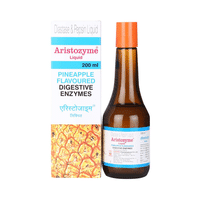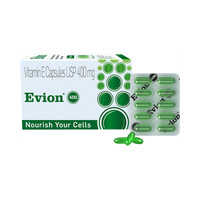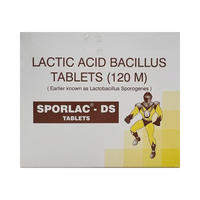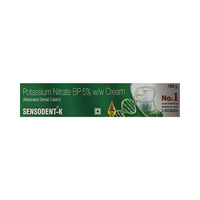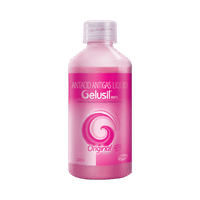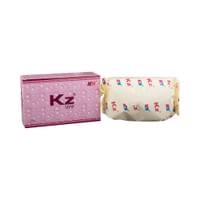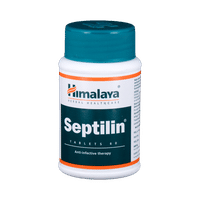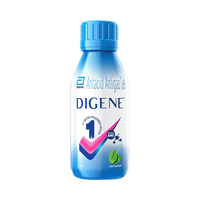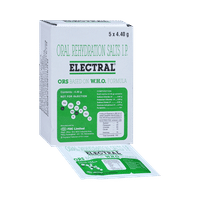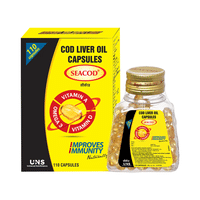Bectogen Eye/Ear Drops
Rs.19.40for 1 bottle(s) (10 ml Eye/Ear Drops each)
food interaction for Bectogen
alcohol interaction for Bectogen
pregnancy interaction for Bectogen
lactation interaction for Bectogen
food
alcohol
pregnancy
lactation
No interaction found/established
No interaction found/established
Information regarding the use of Bectogen Eye/Ear Drops during pregnancy is not available. Please consult your doctor.
CONSULT YOUR DOCTOR
Information regarding the use of Bectogen Eye/Ear Drops during breastfeeding is not available. Please consult your doctor.
CONSULT YOUR DOCTOR
SALT INFORMATION FOR Bectogen
Gentamicin(0.3% w/v)
Uses
Gentamicin is used in the treatment of bacterial infections.
How it works
Gentamicin is an antibiotic. It stops bacterial growth by preventing synthesis of essential proteins required by bacteria to carry out vital functions.
Common side effects
Hearing loss, Joint pain, Headache, Breathlessness, Vomiting, Nausea, Fever, High blood pressure, Edema (swelling), Thrombophlebitis, Confusion, Depression, Drowsiness, Lethargy, Myasthenia gravis, Numbness, Paresthesia (tingling or pricking sensation), Peripheral neuropathy (tingling and numbness of feet and hand), Seizure, Vertigo, Hair loss, Urticaria, Decreased calcium level in blood, Weight loss, Clostridium difficile associated diarrhea, Decreased appetite, Enterocolitis, Urinary casts, Low urine output, Protein in urine, Renal toxicity, Agranulocytosis (deficiency of granulocytes in the blood), Anemia (low number of red blood cells), Hepatomegaly (enlarged liver), Increased liver enzymes, Hypersensitivity, Muscle cramp, Muscle weakness, Visual disturbance, Ringing in ear, Decreased creatinine clearance, Respiratory depression, Increased reticulocytes, Low blood platelets, Pulmonary fibrosis, Enlarged spleen, Laryngeal edema, Gastrointestinal bleeding
Hydroxypropylmethylcellulose(0.25% w/v)
Uses
Hydroxypropylmethylcellulose is used in the treatment of dry eyes.
How it works
Hydroxypropylmethylcellulose is a lubricant. It works similar to natural tears and provides temporary relief from burning and discomfort due to dryness of the eye.
Common side effects
Blurred vision, Eye pain, Eye irritation, Eye itching, Eye discharge, Increased lacrimation, Hypersensitivity, Ocular hyperemia, Superficial corneal injuries, Corneal abrasion
SUBSTITUTES FOR Bectogen
1 Substitutes
1 Substitutes
Sorted By
- Gero Eye/Ear Drops(10 ml Eye/Ear Drops in packet)Scott Edil Pharmacia LtdRs. 0.88/ml of Eye/Ear Drops
 Rs. 9.03save 55% more per ml of Eye/Ear Drops
Rs. 9.03save 55% more per ml of Eye/Ear Drops
Expert advice FOR Bectogen
- Your doctor has prescribed Gentamicin to cure your infection and improve your symptoms.
- Do not skip any doses and finish the full course of treatment even if you feel better. Stopping it early may make the infection to come back and harder to treat.
- It is given as a drip (intravenous infusion) or as an injection directly into a vein or a muscle.
- Use caution while driving or doing anything that requires concentration as Gentamicin may cause dizziness.
- Your doctor may get regular blood, urine, or hearing tests while you are on this medication.
- Your doctor will ensure that you are well hydrated before and during treatment with this medicine.
- Inform your doctor if you are pregnant, planning to conceive, or breastfeeding.
- Discontinue Gentamicin and inform your doctor immediately if you get a rash, itchy skin, swelling of face and mouth, or have difficulty in breathing.
Frequently asked questions FOR Bectogen
Gentamicin
Q. What is Gentamicin? What is it used for?
Gentamicin is an antibiotic used to treat bacterial skin infections. It may also be used to treat infected cuts and wounds. Gentamicin stops the growth of bacteria, which helps to resolve the symptoms.
Q. Is Gentamicin effective?
Gentamicin is effective if used in the dose and duration advised by your doctor. Do not stop taking it even if you see improvement in your condition. If you stop using Gentamicin too early, the symptoms may return or worsen.
Q. How to use Gentamicin?
Before using Gentamicin, clean and dry the affected area. Gently and thoroughly massage it into the skin. Be careful not to get the medication in your eyes or mouth. If Gentamicin gets in your eyes accidentally, wash with plenty of water and call your doctor if your eyes are irritated.
Hydroxypropylmethylcellulose
Q. What is Hydroxypropylmethylcellulose?
Hydroxypropylmethylcellulose belongs to a class of medicines called eye lubricants or artificial tears. It is available as eye drops. It is used to soothe irritation, burning and discomfort of dry eye conditions. One may experience such conditions because of deficient tear production, infrequent blinking, smoke, wind, pollution, extended use of computer screen or television, medical treatment or dry atmospheric conditions. Hydroxypropylmethylcellulose may also be used to aid insertion of lenses or to make the lenses more comfortable while wearing.
Q. Is Hydroxypropylmethylcellulose effective?
Hydroxypropylmethylcellulose is effective if used in the dose and duration advised by your doctor. Do not stop taking it even if you see improvement in your condition. If you stop using Hydroxypropylmethylcellulose too early, the symptoms may return or worsen.
Q. How should Hydroxypropylmethylcellulose be used?
If you are using it for dry eyes, instil 1 or 2 drops in the affected eye(s) as needed. If you are using it to lubricate soft and rigid gas-permeable lenses, apply 1 to 2 drops to each eye with the lenses on as needed or as directed by your doctor. Blink several times after pouring the drops. Consult your doctor if you are not sure.













